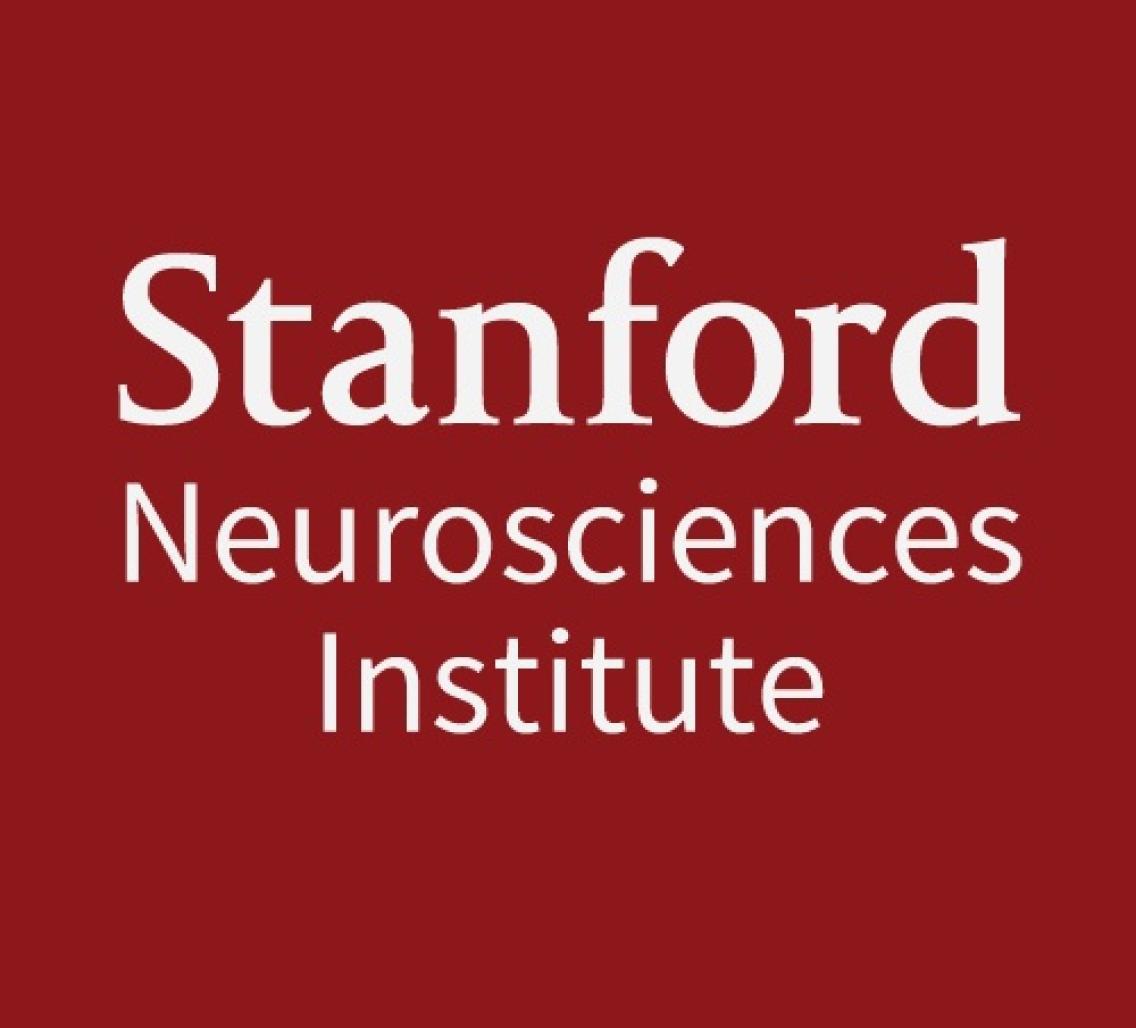Event Details:

Stanford Neurosciences Institute Seminar Series Presents
Regulation of neurotransmitter receptor function during synaptic plasticity in the brain
Richard Huganir, PhD
Professor/Director Department of Neuroscience, John Hopkins
Host: Isabella Graef
Abstract
Neurotransmitter receptors mediate signal transduction at synaptic connections between neurons in the brain and the regulation of receptor function is critical for synaptic plasticity. My laboratory has been elucidating the molecular mechanisms underlying the regulation of AMPA receptors, the major excitatory neurotransmitters receptors in the central nervous system. We have found that AMPA receptors are extensively posttranslationally modified by phosphorylation, palmitoylation and ubiquination. Protein phosphorylation is a major form of AMPA receptor regulation and the receptors are phosphorylated on serine, threonine and tyrosine residues by many different protein kinases. We have shown that phosphorylation of the receptor regulates its ion channel properties and membrane trafficking and that receptor phosphorylation is critical for the expression of several forms of synaptic plasticity and for learning and memory. We have also identified a variety of AMPA receptor interacting proteins, including GRIP1/2, PICK1, GRASP1, SNX27, KIBRA, and SynGAP that interact with AMPA receptors and are necessary for their proper subcellular trafficking. This AMPAR complex is important for several forms of synaptic plasticity and learning and memory. These studies indicate that the modulation of receptor function is a major mechanism for the regulation of synaptic transmission and is a critical determinant of animal behavior. Importantly, recent evidence has indicated that AMPA receptor function is disrupted in several neuropsychiatric disorders including Alzheimer’s disease, chronic pain, drug addiction, intellectual disability, schizophrenia, and autism and our studies may help develop therapeutics for these devastating disorders.